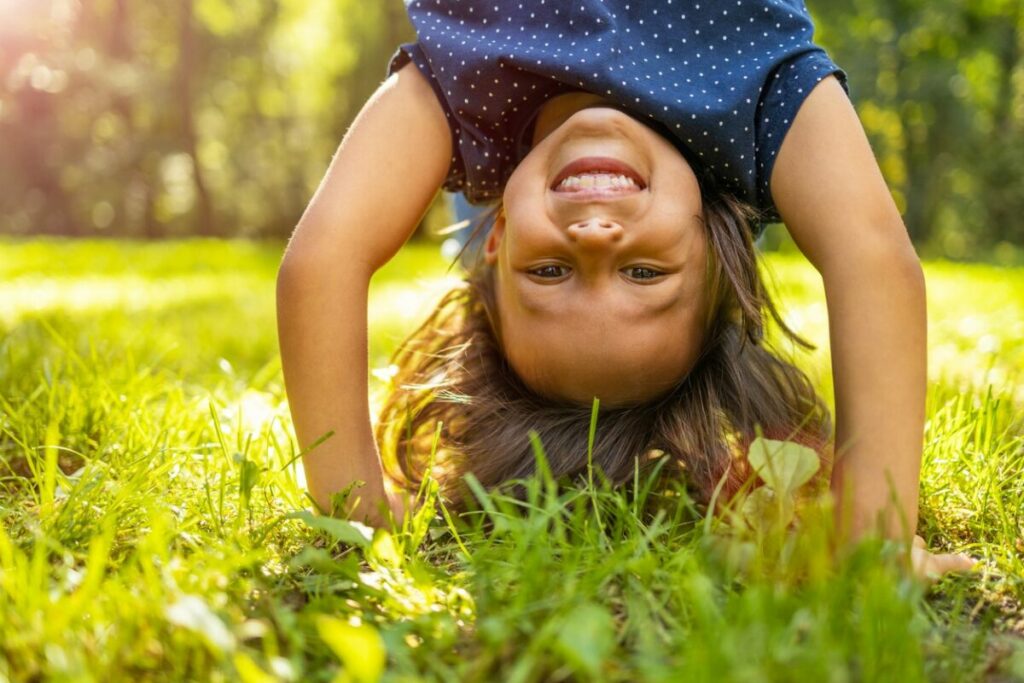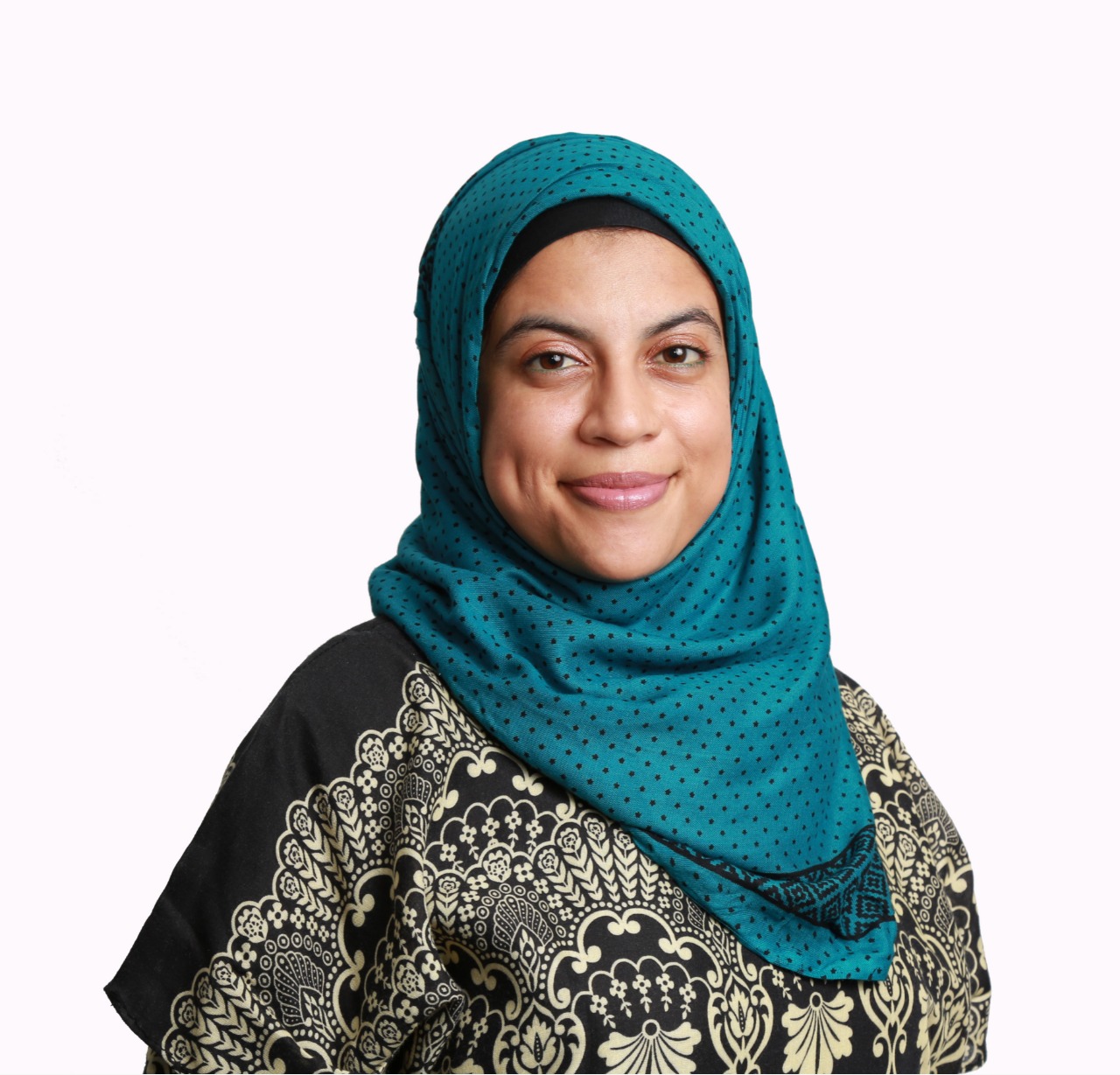[First Grade] is about developing the child holistically through the cultivation of social, emotional, and self-management skills that enable them to sustain their childlike wonder, curiosity, and innate connection to the world around them as they enter their pre-teen, teenage, and adult years.
Shakera Wadee , Early Years Facilitator at MySchool IB World School
During my first year of teaching first grade, in 2012, my uncle remarked that I probably used up enough patience at work each day to outweigh a bag of coal—spoken by a man who spends his days literally selling bags of coal.
His analogy was quite perceptive. Patience is critical for an adult aiming to empower young people ages five to seven to stand up for their right to be children and move through their learning journey at their own unique pace.
First grade isn’t only about building a solid foundation in basic literacy and numeracy. Really, it is about developing the child holistically through the cultivation of social, emotional, and self-management skills that enable them to sustain their childlike wonder, curiosity, and innate connection to the world around them as they enter their pre-teen, teenage, and adult years. I believe revisiting these foundational years can impart important lessons to adults guiding young people at every level of education.
Education is Building World Citizens
“The power of education extends beyond the development of skills we need for economic success. It can contribute to nation-building and reconciliation.” – Nelson Rolihlala Mandela
I currently teach at MySchool IB World School in Oman—a value-based program that emphasizes developing global-minded, caring individuals who are naturally inclined towards making a positive impact on the world around them.
In pursuit of this mission, we practice the African spirit of “Ubuntu”—based on the premise “I am” only because “we are”—that develops a sense of collective responsibility. In this spirit, we often take time in the classroom to pause formal learning to observe and reflect on the natural world and question the interconnectedness of all the creatures in it.
This practice cultivates children’s natural inclination to help those around them. And, when they are empowered to follow this instinct and then are acknowledged for their acts of kindness, it creates a ripple effect of voluntary acts.
I’ve seen a child take great enthusiasm in highlighting the learning achievements of others. Chosen as a team leader in a group activity for his reading skills, he went beyond providing reading support to his peers. He pointed out the progress of a fellow peer in social and language skills. His peer’s eyes lit up when given this positive feedback, and he rewarded his classmate with points and a sticker for his kindness.
In addition to both children developing an enthusiastic attitude towards learning, a new friendship was formed. There was an organic sense of interconnectedness and genuine enthusiasm for supporting the well-being of others blossoming right before our eyes.
This is the essence of the “Ubuntu” spirit that we reinforce at the end of each week with a reflection of gratitude that asks, “How can I be better to do better?”
Imagine if we continued this positive reinforcement throughout a child’s life. Better yet, imagine if we applied it to an entire generation of young people. What new doors would open up for our communities if there was an entire generation of self-motivated, community-minded young people actively identifying and helping to solve local problems? What unexpected benefits would we discover?
Education Sees “Play” as an Asset
Play-based learning, both structured and unstructured, liberates children to learn foundational concepts in creative, imaginative, and fun ways that build their confidence and promote self-guided learning.
Often, learners in the earliest stages of developing their verbal and written communication excel in sharing their ideas and skills through role-playing, drawing, and construction. At MySchool, in a more structured setting, we often use stories to teach difficult concepts, like in mathematics. Stories stick. For example, while recently observing a fourth-grade class, I witnessed a learner use a story he learned in first grade to advance his understanding of division.
During unstructured play, something young children naturally seek out any chance they get, young people develop social skills such as cooperation and empathy. These learning moments should not go unrecognized.
Of course, we know that the desire to play doesn’t disappear as kids come of age, it simply evolves. Young people (and adults) of all ages run, jump, and climb. They also play video games, participate in the creative arts, and engage in exploration and discovery through science education—all forms of playful and inventive learning that, once again, shouldn’t be discounted or seen as less important for the growth and development of young people.
What might become possible if we challenge ourselves to see organic, unstructured play as genuine, meaningful learning moments and integrate that play within more formal, structured learning opportunities at all ages? What if play, an activity that never fails to spark joy in young people, was the norm rather than the exception in the design of learning experiences?
Education as a Joyful and Co-Designed Journey
In a classroom where there is love, genuine joy, and authentic agency, learning naturally follows. In the past 10 years, I have witnessed how loving a child for who they are can bring out previously unknown talents and wonderful personalities. By pushing curriculum constraints and external expectations into the background, children thrive when their strengths are highlighted and their skills are developed at their own pace.
First grade educators understand the importance of setting an environment that will shape a positive, lifelong attitude towards learning. We strive to create fun and memorable learning experiences, so that children, regardless of background or circumstance, jump up in the morning to come to school and, at the end of the day, go to bed smiling. Hearing the phrase, “I love learning!” from a small, enthusiastic face makes us forget the resources and hours put into preparing a lesson, or how silly we look all dressed up to match the learning experience/theme of the day.
For young first graders, the first few months can feel like Jurassic Park (where the learning can be intimidating and downright scary for young people). But, then, there is a sudden, magical transformation that takes place. These young learners, equipped with skills to move forward and overcome barriers independently, start to thrive. They take over their learning and basically take over the classroom. They see themselves as capable of shaping their world.
Early Childhood pedagogist, Maria Montessori, said it best, “The children are now working as if I did not exist.” Even after years of teaching, it never ceases to amaze me when my learners have reached this stage of their learning journey. When I fade into the background, I know we’ve done something special together.
But, as we’ve known for years and years, this joy for learning quickly dissipates as our children grow up. Young people become less engaged and less enthusiastic as their formal learning journey continues. What gets lost along the way?
How might reflecting on our own experiences in first grade remind us of what made learning so much fun? As educators, no matter what age(s) we facilitate, what might be possible if the goal of each day shifted to co-creating experiences that brought young people joy, ignited their curiosity, and empowered them to be agents of their learning? If these feelings aren’t the norm, then maybe something needs to change.
Maybe that means finding the space to recount and reconnect with the foundational years of learning where wonder and an innate connection to the world around us blossom and begin to shape us into caring and curious people. Let’s find that space and see what we create.
On the occasion of National Teachers Day in Oman and dedicated to all of my little minions who just want to be kids.

